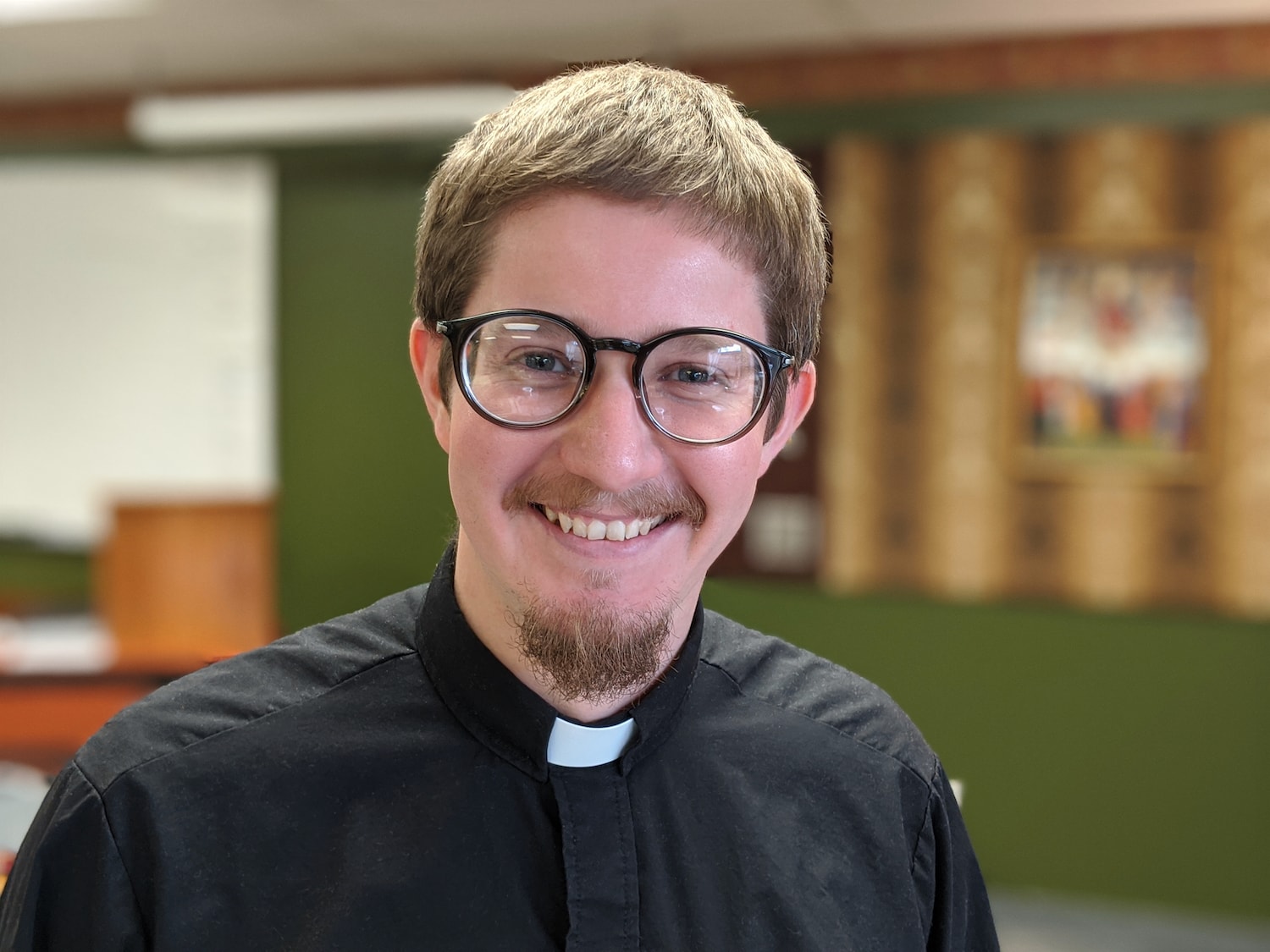In the junior high religion class this year we’ve been studying the book of Acts. Along the way we took a visual tour of the city of Ephesus. Its ruins are in relatively decent condition and give insight into life in first-century Asia Minor. Also, the riot that’s recorded in Acts 19 took place in the great theater of Ephesus, which is still standing to this day (see the picture above). In touring Ephesus, I described to the students the civic buildings, the shops lining the streets, the bath house, the palaces on the slopes, the agora (marketplace), and the temples. While some of these things might seem foreign, the students realized the truth of the old adage, “The more things change, the more they stay the same.” The Ephesians went out walking and shopping, bought groceries and fast food, had their places of gossip and places of entertainment, and had toilets (albeit public ones) that look unmistakably like toilets.
Ephesus had a couple theaters, a larger one and a smaller one. I shared with the students a quote from Cyprian, who lived c. AD 210-258 and was bishop of Carthage. Here’s what he wrote about the stage plays of his day:
“But now to pass from this to the shameless corruption of the stage. I am ashamed to tell what things are said; I am even ashamed to denounce the things that are done—the tricks of arguments, the cheatings of adulterers, the immodesties of women, the scurrile jokes, the sordid parasites, even the toga’d fathers of families themselves, sometimes stupid, sometimes obscene, but in all cases dull, in all cases immodest. And though no individual, or family, or profession, is spared by the discourse of these reprobates, yet every one flocks to the play. The general infamy is delightful to see or to recognise; it is a pleasure, nay, even to learn it. People flock thither to the public disgrace of the brothel for the teaching of obscenity, that nothing less may be done in secret than what is learnt in public; and in the midst of the laws themselves is taught everything that the laws forbid. What does a faithful Christian do among these things, since he may not even think upon wickedness? Why does he find pleasure in the representations of lust, so as among them to lay aside his modesty and become more daring in crimes? He is learning to do, while he is becoming accustomed to see” (Cyprian, Libri de Spectaculis, §6)
Those words could be written about the TV shows and movies of our own day. I warned the students to take care what they look at, for, as Cyprian warns, “He is learning to do, while he is becoming accustomed to see.”
Parents have the responsibility to help their children guard their eyes. John Chrysostom, another pastor of the Early Church (c. AD 347-407), regularly exhorted parents to take heed to the upbringing of their children. In one sermon, entitled “An Address on Vainglory and the Right Way for Parents to Bring Up Their Children,” Chrysostom pictured children as cities with many doors (representing the senses), and parents as the gatekeepers who take care what enters the city. Here’s what he said about the eyes:
“Then there is yet another gate, fairer than those others but difficult to guard, the gate of the eyes… Here strict laws are needed, the first being: Never send thy son to the theater that he may not suffer utter corruption through his ears and eyes… Show the boy other fair sights, and thou wilt steer his eyes away from those others. Show him the sky, the sun, the flowers of the Earth, meadows, and fair books. Let these give pleasure to his eyes; and there are many others that are harmless. This gate is difficult to guard, since there burns a fire within and, so to speak, a natural compulsion. Let him learn hymns. If he is not inwardly aroused, he will not wish to see outwardly” (Chrysostom, On Vainglory, §55-56, 59-60).
Looking at creation, reading fair books, singing hymns—these give purer pleasure than the stage of Cyprian’s day or the screen of ours. At Mount Hope Lutheran School, we teach children to take heed to what they’re taking in, and we direct them to those things which will give delight without temptation and in which they may occupy themselves with a good conscience. May the Lord preserve our children from all scandal and offense and bring them to everlasting life.
In Christ,
Pastor Richard

